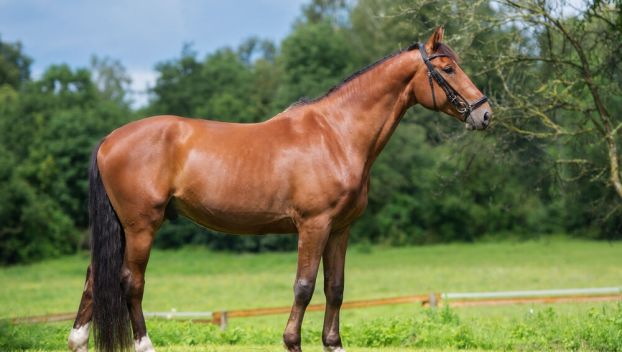
Columns
Handling gastric ulcers in horses
Stomach ulcers are often associated with stress, but they can also be caused by a variety of factors, ... Read more

Stomach ulcers are often associated with stress, but they can also be caused by a variety of factors, ... Read more